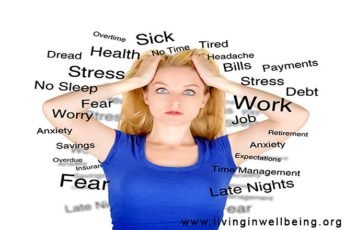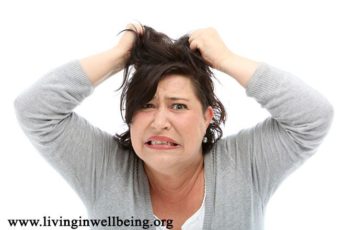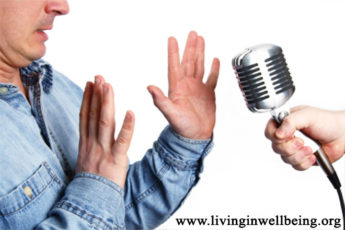
Age is an issue of mind over matter. If you don't mind, it doesn't matter. ~Mark Twain
growing old is not bad We see ads talking about anti ageing properties of creams, we see celebrities who go to extreme measures to look young. Everywhere you see there is an obsession of not aging and looking younger. While being young is celebrated, old age is something we feel we need to hide. The obvious reason why we would all like to defy ageing and remain young is because getting old has been associated with illness, ailments, dependency and a general deterioration in quality of our life. But we fail to note that old age is not cause of all these; it is ill health that is to be blamed.
As someone wisely said, "Do not regret growing older. It is a privilege denied to many." Most of our youth and adult life is spent working, taking care of families and handling responsibilities. Old age should ideally be a time to relax and do what we really want to. If we can stay healthy and positive in our senior years, life would be really richer for it.
So, how do you age healthy?
Active when old-Quite simply, by being active. Being physically active reduces the onset of many chronic diseases and reduces the physical decline in the elderly. A Study conducted by Dr. Marjolein Visser of Vrije Universitit in Amsterdam, the Netherlands studied elderly subjects between the age of 70 and 79 for four and half years, all of whom had no problem walking and climbing stairs. They found that those who lived an inactive life had a greater chance of having developing problems walking and climbing stairs than those who lived an active life. At the end of the study, Dr. Visser suggests that physical activity for elderly is as important as taking medication.
Other benefits of staying active in old age:
Reduces muscle mass: As we grow older, our muscle mass reduces thus we experience reduced strength. But regular exercise can improve circulation and reduce loss of muscle mass.
Prevents fall: When we are active, we move constantly thus strengthen the joints while improving flexibility which prevents them from falls or other accidents.
Strengthens bones: Regular weight bearing exercise like walking maintains bone strength and keeps them from fractures.
Reduces risk for: Research shows that an active lifestyle can lead to reduced risk for ailments like blood pressure, coronary heart disease and delay onset of diabetes.
Reduces osteoarthritis pain: Because of improved blood circulation and greater bone health, you would feel reduced osteoarthritis pain.
Social and Emotional benefits:
Those who are active, feel better about themselves, remain happy, are more sociable because they can go out and visit others, they can sleep better. Those who are active can maintain their balance, have control over their weight, can move around independently and are able to lift, pull and push things easily. Thus those who are active live a more happy, healthy and fulfilled life.
How to stay active?
Walking is a good exercise for elderly So there are plenty of benefits of staying active in our senior years, but does that mean you need to buy expensive equipments or join gyms and other programs to do so?- Definitely not. Doctors believe that any kind of moderate exercise like walking, jogging, swimming, gardening, cycling are excellent to maintain a good fitness levels and also stay fit.
In fact, a study showed that between two groups of people over 60 where one group did high intensive workout and another low intensity exercise, after 12 weeks, those who did low intensity workout had a greater gain of muscle mass and were more flexible.
The low intensity exercise included a session of one hour of exercise per week with 10 minutes of warm-up, 30 minutes of weights, 10 minutes to improve balance and co-ordination and 10 minutes of stretching and tai chi. Thus an exercise regime that is easy to do and which looks into all the round fitness is most useful in old age.
What about being mentally active?
elderly active According to Help Age International which in an organization working for elderly, "Most people's mental abilities (memory, learning, creativity, intelligence) remain unchanged as they grow older, especially if they remain mentally active and involved (listening, talking, advising, reading, telling stories)."
Thus unlike what we think, old age is not about weak cognitive and memory, if we remain active and keep ourselves busy, we can definitely keep our wits about us. Further, research also shows that human brain can adapt and grow even in old age. The decline in mental abilities in old age is more because of degenerative diseases rather than old age. The other age related losses like poor memory and cognition is more due to mental inactivity rather than old age per se.












